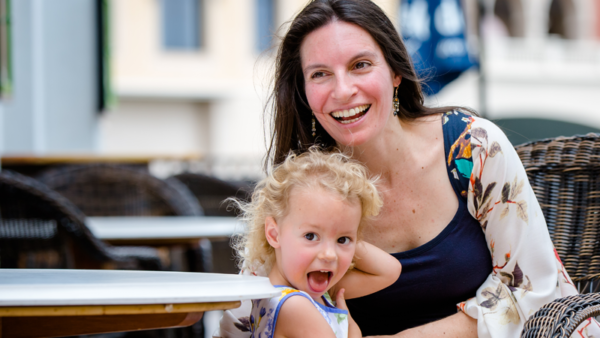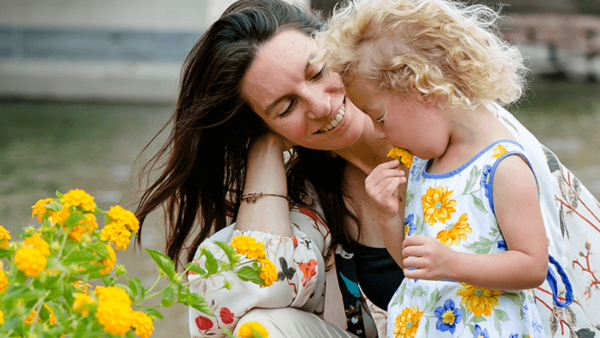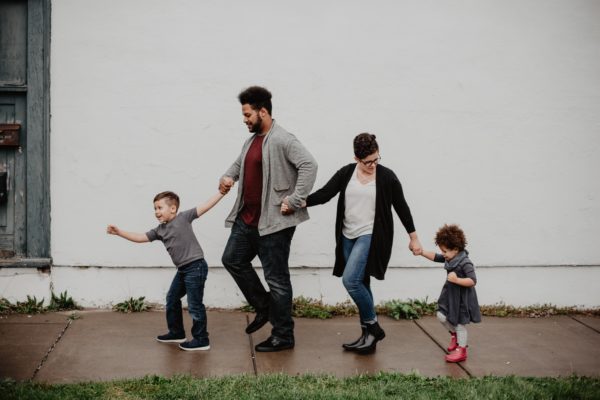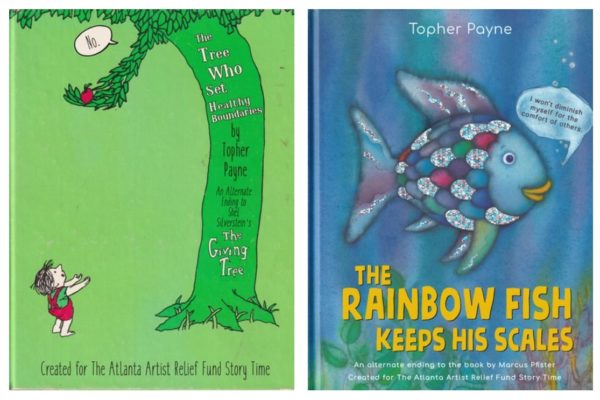Recently I’ve been talking to a lot of parents, and the number one thing I hear is how they want comfortable, open communication with their kids. Some parents feel like they’ve got it now, but worry things will change with adolescence (check out my article on the behavioral changes during puberty for some help with what to expect). Others already sense some strain in their relationship with their child, especially around certain topics. If you want to equip your child with the knowledge and skills they’ll need to have safe and healthy sexual relationships, you’ll have to lay the ground work.
Here’s a simple strategy for building that trust.
Plan a time to have a private conversation with your child. You might want to take him or her on a hike or out for ice cream. Maybe it can happen while cuddling in bed.
Choose someone in your child’s life to help you start the conversation. It could be their teacher or coach, a family member or a family friend. It should be an adult and it should be someone who your child interacts with a lot and would be comfortable sharing both positive and negative opinions. You might start out by saying, “I’m curious what you think about _______.” Ask what your child likes about how that person treats them. You’ll probably get vague answers like “He’s nice”, so go deeper. What does “nice” mean? Does it mean he always talks calmly? Does it mean he always stops what he’s doing and pays attention to you? Try to find out what qualities your child appreciates and values. Then ask what your child doesn’t like about how that person treats them. Again, you’ll probably have to dig a little. “He’s mean sometimes” might be about tone of voice or teasing or not sharing. Find out what the points of friction are but don’t try to problem solve! Your role in this conversation is to listen and learn what’s important to your child.
Next, ask how your relationship with your child compares. “What you told me about ____ is really interesting, and I’m wondering, do you think I’m _____, too? You can be honest and I won’t get upset.” Ask about the good qualities and the bad ones. You can also ask, “What else do you like/don’t like?” but don’t get into details. Your goal here is to find out the strengths and weaknesses of your relationship with your child, from his or her point of view. Don’t let this turn into a fight; let any barbs or sass slide by. Just ask questions and listen.
At the end of the conversation, thank your child. “I’m really grateful that we can have this kind of conversation. It means a lot to me.” Not only are you modeling gratitude, something we all want our children to express, you’re acknowledging and encouraging future open and honest conversations.
You can follow this sequence as often as you like! Talk about everyone if you want, not in a gossipy kind of way, but to explore what makes your child feel valued or not. You can use this information to try to do more of what your child likes and to be more sensitive about the parts they don’t like.
As you have these discussions and as your child notices your efforts to smooth and improve your relationship, you’ll gain the trust needed for the open and honest communication you crave. Lay the foundation you’ll need for the tough talks later on.
In support of you,
Anya








